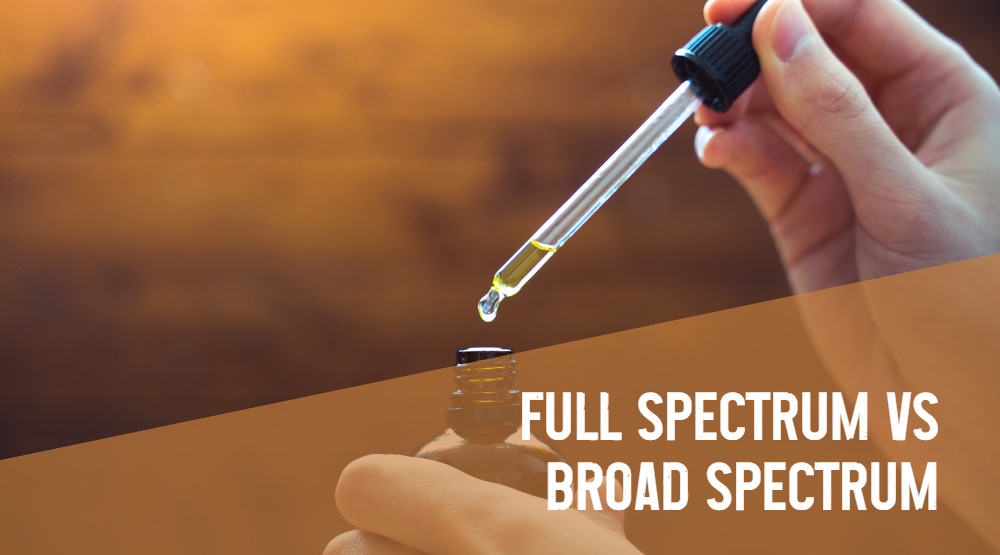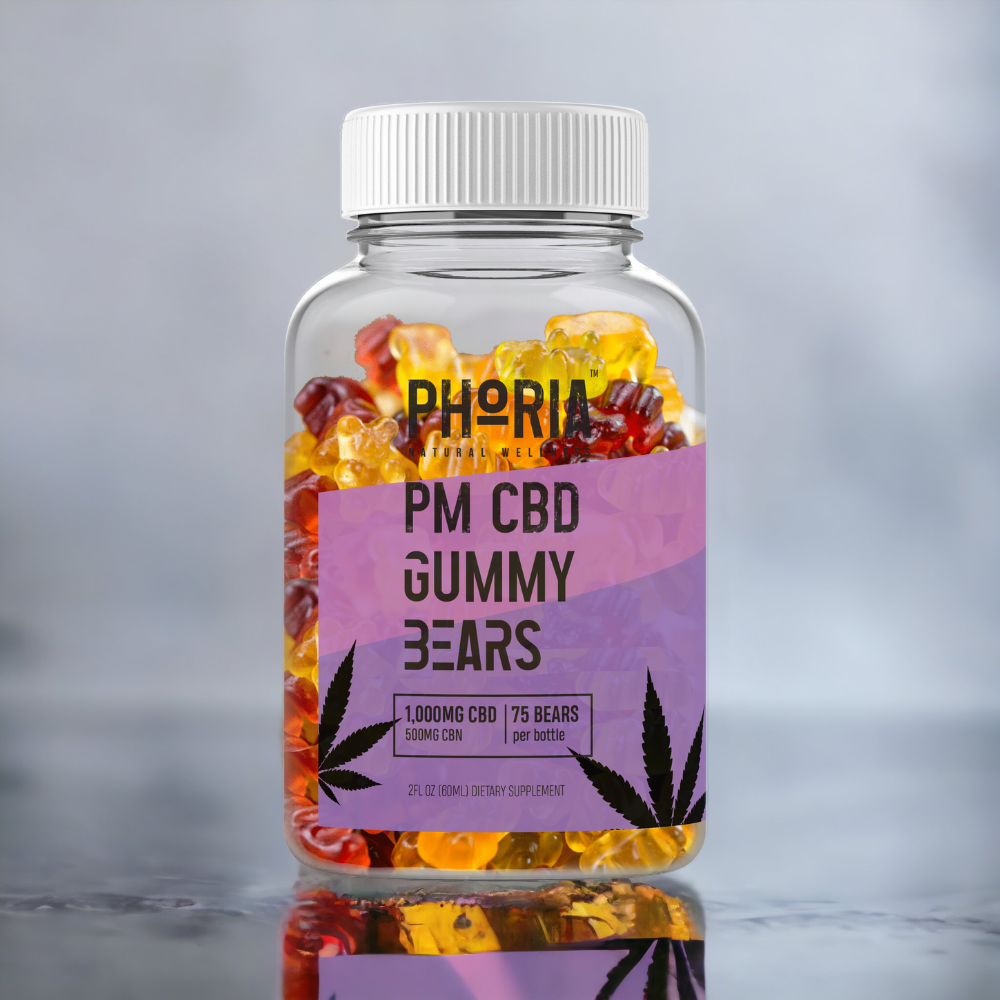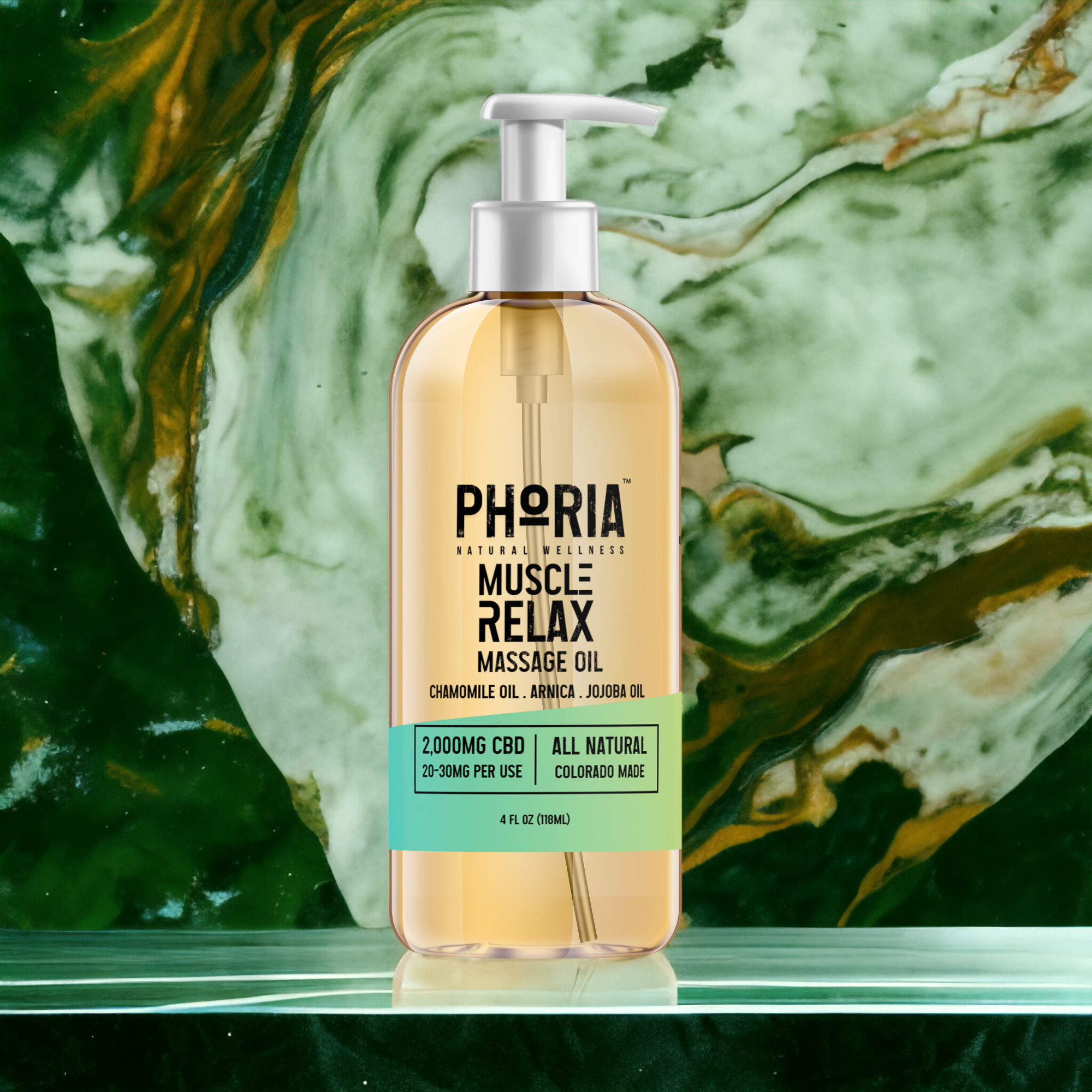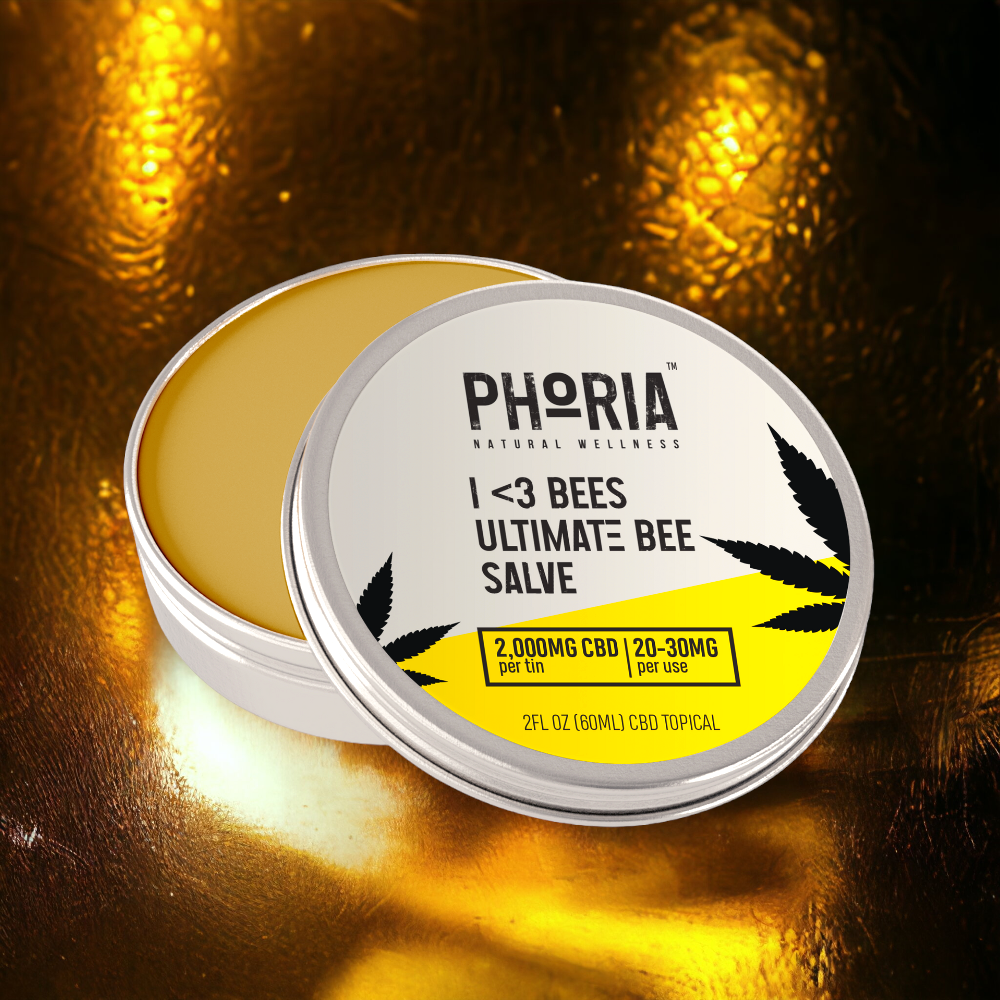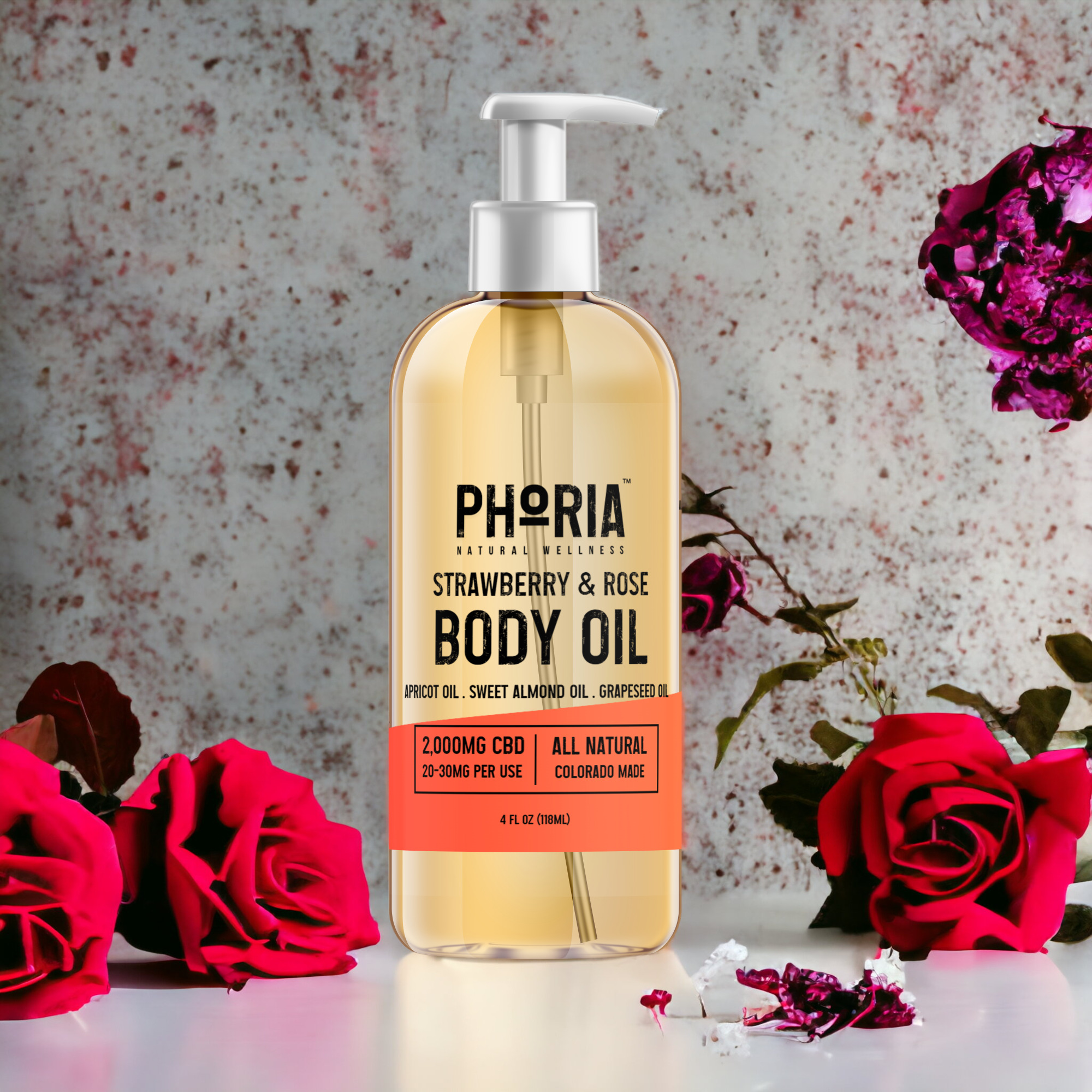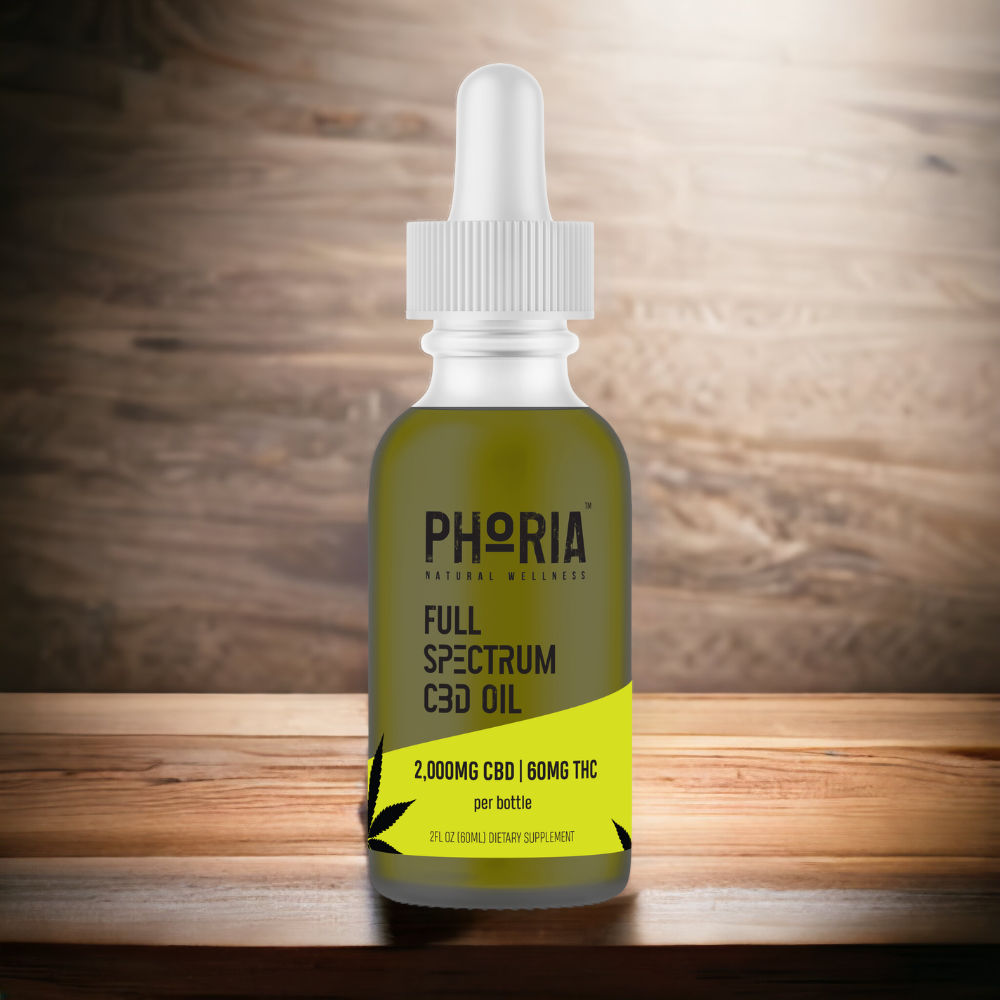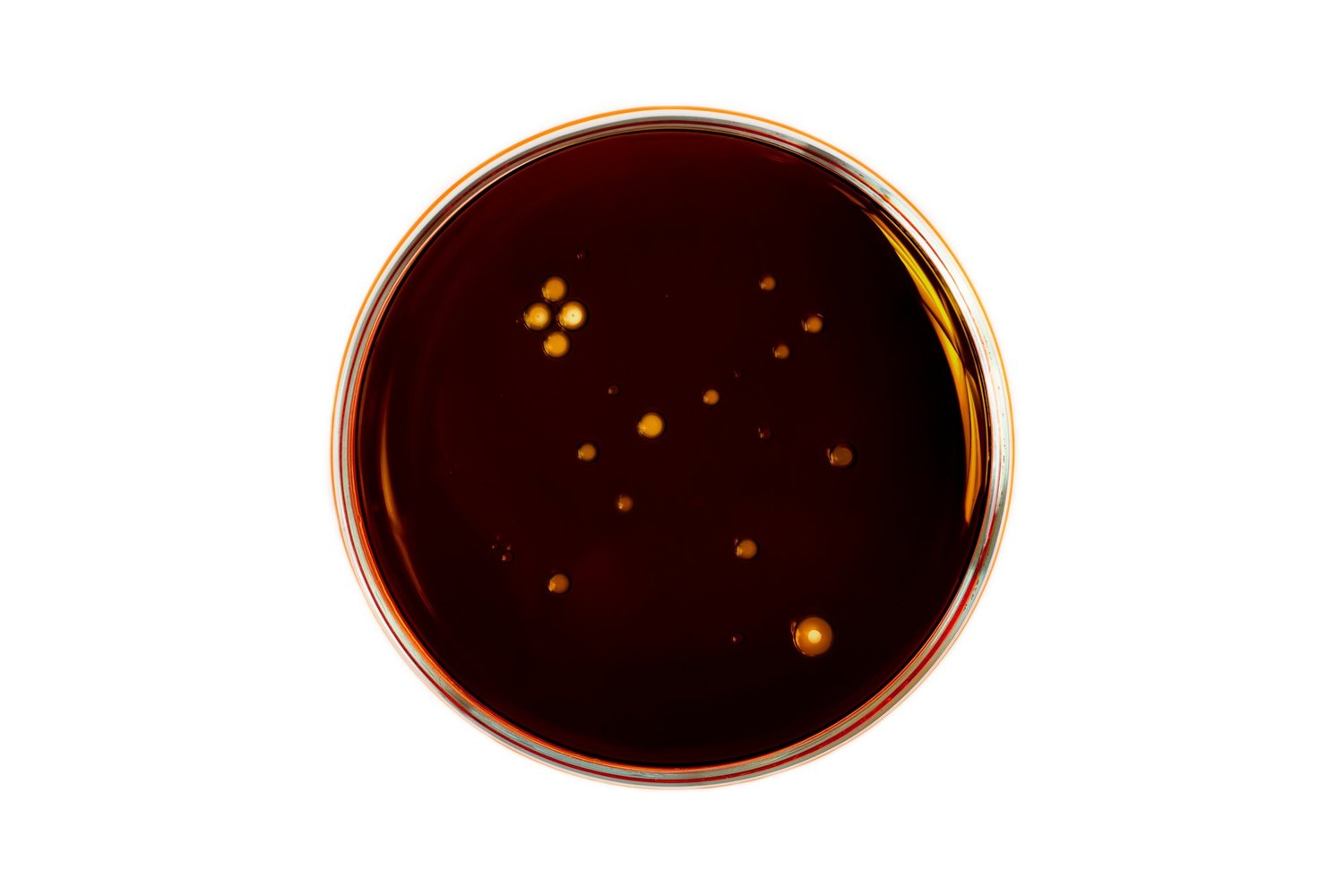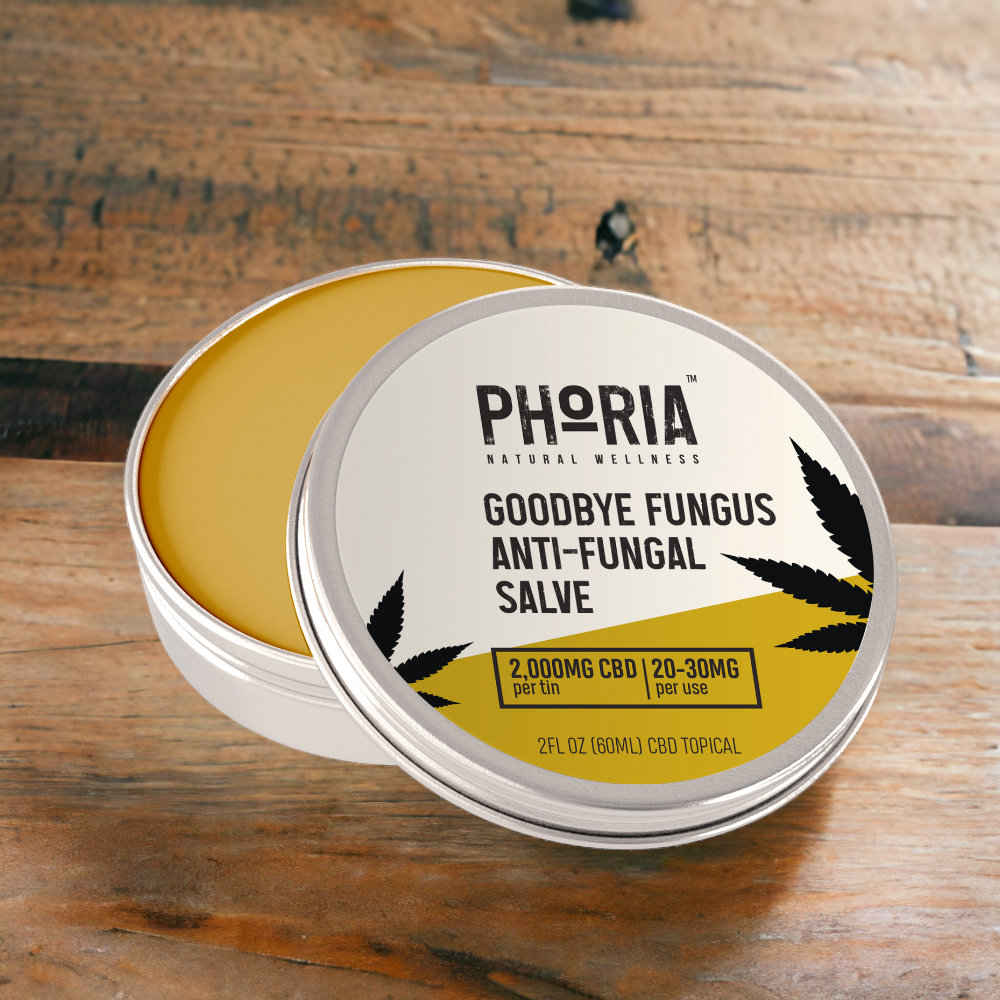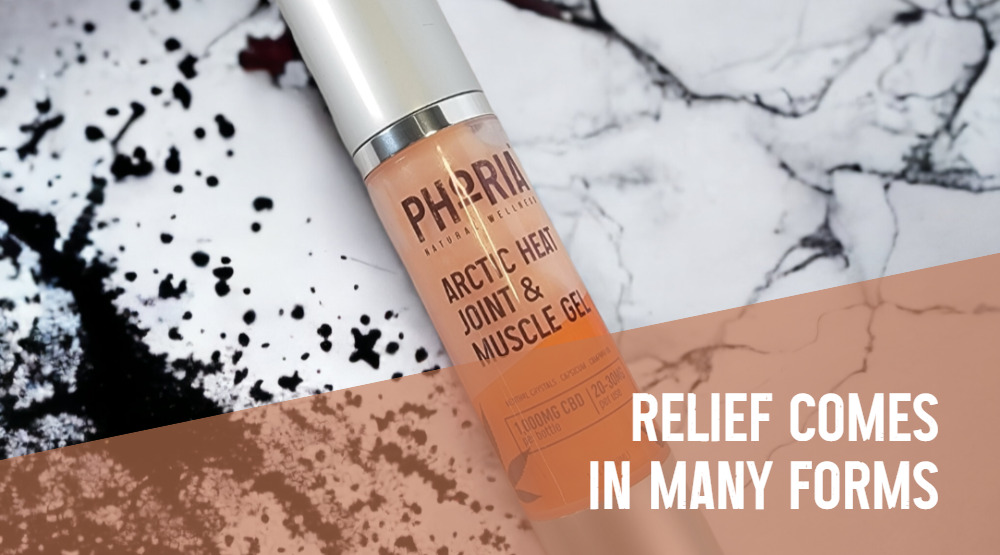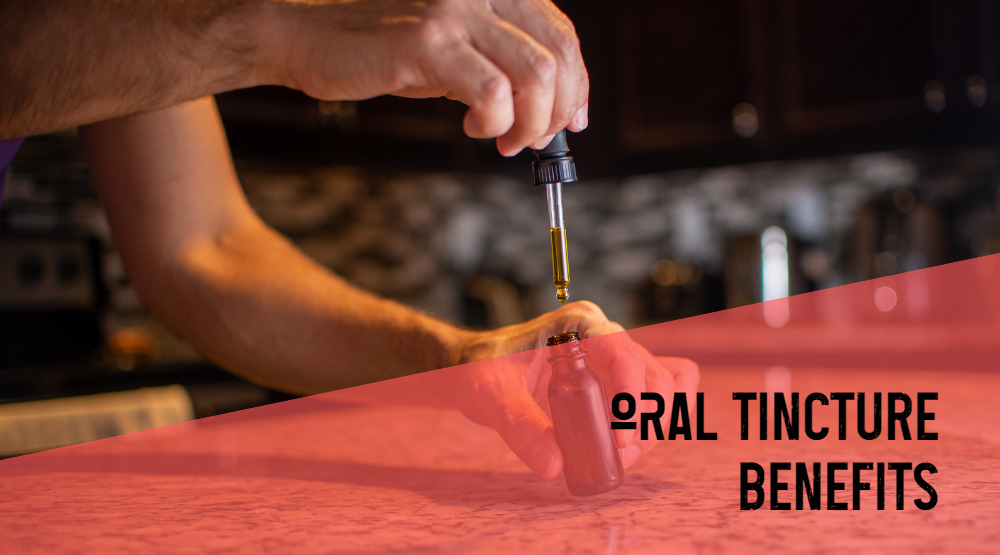Full Spectrum CBD vs. Broad Spectrum CBD: What’s the Difference?
Cannabidiol (CBD) is a popular natural remedy used for various purposes, including reducing anxiety, relieving pain, and improving overall well-being.
With the increasing demand for CBD products, it’s important to understand the different types of CBD available in the market.
Full-spectrum and broad-spectrum CBD are two of the most common types of CBD products, but what’s the difference between them?
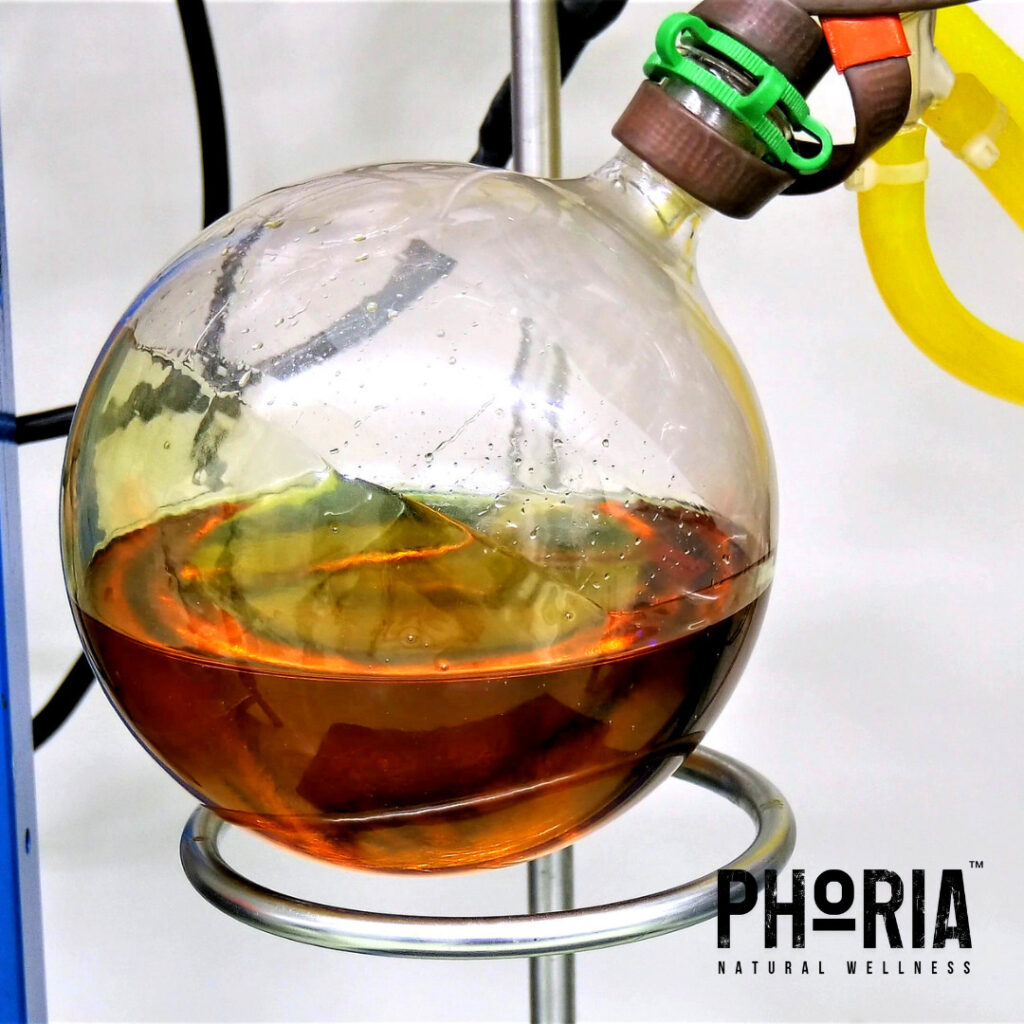
Full-spectrum CBD contains all the naturally occurring compounds found in the cannabis plant, including trace amounts of tetrahydrocannabinol (THC).
On the other hand, broad-spectrum CBD contains all the compounds found in full-spectrum CBD, except for THC. While both types of CBD have their unique benefits, the presence or absence of THC is a crucial factor to consider when choosing between the two.
In this article, we’ll explore the differences between full-spectrum and broad-spectrum CBD, and how they affect the potential benefits and risks of using these products. We’ll also take a closer look at the legal status of these CBD types, and some of the best products available in the market.
Whether you’re a seasoned CBD user or new to the world of CBD, this article will provide you with valuable insights on how to choose the right type of CBD for your needs.
What is Full Spectrum CBD?
Full-spectrum CBD is a type of CBD that contains all the naturally occurring compounds found in the cannabis plant, including cannabinoids, terpenes, and flavonoids.
This type of CBD is extracted from the whole plant, which means that it contains a small amount of THC, the psychoactive compound that produces the “high” associated with cannabis use.
CBD + CBN + Melatonin PM Sleep Aid Gummy Bears (THC Free)
Muscle Relax CBD Massage Oil
Full-spectrum CBD is believed to be more effective than other types of CBD because of the entourage effect.
This effect refers to the synergistic interaction between all the compounds found in the cannabis plant, which enhances the therapeutic benefits of each individual compound.
According to Verywell Health, full-spectrum CBD products may contain up to 0.3% THC, which is the legal limit set by the federal government. However, some states have stricter regulations on THC content, so it’s important to check the laws in your state before purchasing full-spectrum CBD products.
What is Broad Spectrum CBD?
Broad-spectrum CBD is a type of CBD that contains several naturally occurring cannabis plant extracts, similar to full-spectrum CBD. However, unlike full-spectrum CBD, broad-spectrum CBD undergoes a process known as chromatography, which separates THC from other compounds.
THC, or tetrahydrocannabinol, is the psychoactive compound found in cannabis that produces a “high” sensation. Broad-spectrum CBD products are designed to provide the benefits of the cannabis plant without the psychoactive effects of THC.
Like full-spectrum CBD, broad-spectrum CBD contains other cannabinoids, such as cannabidiol (CBD), as well as terpenes, essential oils, and other plant compounds.
These compounds work together to produce what is known as the “entourage effect,” which is believed to enhance the overall therapeutic benefits of CBD.
Because broad-spectrum CBD contains multiple compounds found in the cannabis plant, it may provide a wider range of potential health benefits than CBD isolate, which contains only pure CBD.
However, it is important to note that more research is needed to fully understand the potential benefits of broad-spectrum CBD.
The Differences Between Full Spectrum and Broad Spectrum CBD
Full-spectrum and broad-spectrum CBD are two common types of CBD extract that are often used in various CBD products.
Although they are similar in many ways, there are some key differences between them that are important to understand before choosing which one to use.
One of the main differences between full-spectrum and broad-spectrum CBD is the THC content. Full-spectrum CBD contains THC, which is the psychoactive compound found in the cannabis plant that causes a “high.”
Broad-spectrum CBD, on the other hand, does not contain THC, but it still contains other cannabinoids and terpenes found in the cannabis plant.
Another difference between the two is the range of cannabinoids and terpenes they contain. Full-spectrum CBD contains all the naturally occurring cannabinoids and terpenes found in the cannabis plant, including THC, CBD, CBG, CBN, and others.
"I Love Bees" Ultimate CBD Bee Salve
Strawberry & Rose CBD Body Oil
Broad-spectrum CBD, on the other hand, contains a range of cannabinoids and terpenes, but it has been processed to remove THC.
One advantage of full-spectrum CBD is the “entourage effect.” This is the idea that all the cannabinoids and terpenes in the cannabis plant work together to produce a more potent and effective effect than any one of them alone.
However, this effect is only possible with full-spectrum CBD, as broad-spectrum CBD does not contain THC.
Overall, the choice between full-spectrum and broad-spectrum CBD depends on personal preference and the desired effect.
Full-spectrum CBD may be more effective for those looking for the entourage effect, while broad-spectrum CBD may be a better choice for those who want to avoid THC altogether.
Which One is Right for You?
When it comes to deciding between full-spectrum and broad-spectrum CBD, it ultimately depends on your personal preferences and needs. Here are a few factors to consider:
- THC sensitivity: If you are sensitive to THC or live in a state where THC is illegal, then broad-spectrum CBD may be the better option for you.
- Desired effects: If you are looking for the entourage effect and want to experience the full range of benefits that CBD and other cannabinoids have to offer, then full-spectrum CBD may be the better option for you.
- Drug testing: If you are subject to drug testing for work or other reasons, then broad-spectrum CBD may be the better option for you since it contains no THC.
- Flavor preferences: Full-spectrum CBD may have a stronger taste and aroma due to the presence of other cannabinoids and terpenes, while broad-spectrum CBD may have a milder taste and aroma.
Ultimately, the decision between full-spectrum and broad-spectrum CBD comes down to personal preference and individual needs.
It is important to do your own research and consult with a healthcare professional before making a decision.
Conclusion
After analyzing the differences between full spectrum CBD and broad spectrum CBD, it is clear that both have their benefits and drawbacks.
Full spectrum CBD contains all the compounds of the cannabis plant, including THC, which can provide additional health benefits but may also result in psychoactive effects.
On the other hand, broad spectrum CBD contains all the compounds of the cannabis plant except for THC, which provides the benefits of the entourage effect without the risk of psychoactive effects.
Ultimately, the choice between full spectrum CBD and broad spectrum CBD depends on personal preferences and needs.
Those who want to avoid THC altogether may prefer broad spectrum CBD, while those who want to experience the full range of benefits of the cannabis plant may prefer full spectrum CBD.
"Goodbye Fungus" Anti-Fungal CBD Salve
It is important to note that not all CBD products are created equal, and it is crucial to purchase from a reputable and trustworthy source.
It is also recommended to consult with a healthcare professional before starting any CBD regimen, especially if you are taking other medications or have underlying health conditions.

